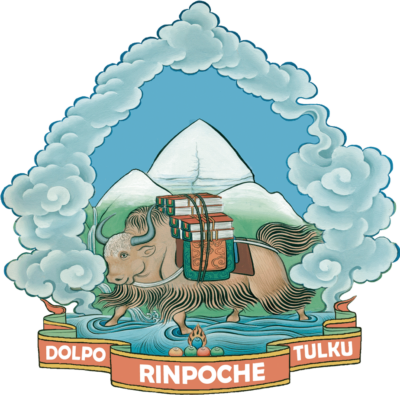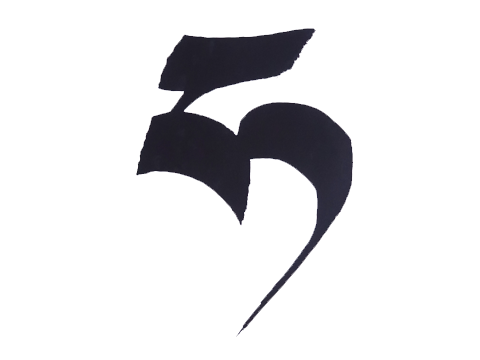Pranayama

What does Pranayama mean?
Patanjali defines pranayama in Sutra 2.49 as follows: “Tasmin sati shvasa prashvasayoh gati vicchedah pranayamah.” Translation: “When the posture is stable and the breath is controlled, the movement of the mind will also come to rest.”
In this sutra, Patanjali emphasizes the relationship between the breath, the body, and the mind. By practicing controlled and regulated breathing (pranayama), the fluctuations of the mind can be balanced, leading to greater concentration, mental clarity, and ultimately spiritual growth.
How is pranayama performed?
Pranayama techniques include specific patterns of inhalation, exhalation, and breath holding.
These practices are designed to increase awareness of the breath, improve lung capacity, and balance the flow of prana (life energy) through the energy channels (nadis) of the body.
What are the benefits of pranayama exercises?
Through a regular pranayama practice, practitioners can experience many benefits, such as stress reduction, increased vitality, improved concentration, and a deeper connection to their inner self.
It is important to note that pranayama is best learned under experienced guidance to ensure safety and effectiveness in practice.
Pranayama courses
With the Pranayama courses Dolpo Tulku Rinpoche leads through an exercise sequence that can be easily integrated into everyday life, combining breathing exercises, stretching and meditation.
Pranayama Online
Harmonize body & mind through breathing (pranayama), yoga and meditation
Dolpo Tulku Rinpoche’s Pranayama is an all-encompassing yoga package that you can use to greet each day. By combining the movement sequences with breathing, stretching and meditation, you’ll feel stress fall away and your body and mind relax.
After this yoga practice, you will not feel that stretching, joint movement, immune system activation or mindfulness have been neglected, because these four things are included in Dolpo Tulku Rinpoche’s pranayama. You can improve your flexibility with this yoga package, and you can do it regardless of your age or stretching ability.
Dolpo Tulku Rinpoche teaches these powerful practices from the Indian and Tibetan Nam Chö (nam chos, “heaven dharma”) yoga traditions online once a month and you are invited to join in!
In addition, experienced tutors offer weekly Pranayama & Yoga for Inner Growth tutorials in which the sequences developed by Dolpo Tulku Rinpoche are practiced.
In the advanced courses, practitioners are gradually introduced to the yogic tradition of the Nam Chö Tsa Lung Tummo cycle.
No previous knowledge is required, everyone is welcome!
Yoga for Inner Growth Retreats
In these retreats, Dolpo Tulku Rinpoche teaches an easy-to-learn combination of various breathing (pranayama) and yoga exercises that can be easily implemented in everyday life.
Yoga for Inner Growth, developed by Dolpo Tulku Rinpoche, works with the subtle energy body at the three levels of pathways (Tib. rtsa, Skt. nāḍi), winds (Tib. rlung, Skt. prāṇa), and essences (Tib. thig le, Skt. bindu).
It combines exercises from the Tibetan traditions of Nam Chö (nam chos, “sky dharma”) with Indian Haṭha Yoga. Its dynamic yogic practice of the body and mind works on the external level by stretching the physical body. On the inner level, Prāṇa activates the immune system. On the secret level, one rests in the nature of mind through meditation.
In these retreats, Dolpo Tulku Rinpoche will provide some background on the yoga philosophy of chakras, channels, winds and bindus, and explain how our body awareness can help us overcome our negative states of mind to develop a stable, peaceful mind.
Rinpoche was trained in all these traditions at Namdroling Monastery in South India.
In the advanced courses, practitioners are gradually introduced to the yogic tradition of the Nam Chö Tsa Lung Tummo cycle.
Pranayama Teachers Training
More information will follow soon!
Yoga Festivals
Dolpo Tulku Rinpoche is regularly invited to various yoga festivals in Germany and Norway, where he teaches pranayama and the Nam Chö Tsa Lung Gegsel exercises. Lectures on various topics such as compassion and ethical living as well as mantra chanting are also very popular at the yoga festivals.
In 2024, Dolpo Tulku Rinpoche unfortunately cannot attend the Yoga Festivals because he has an important teaching commitment at the Ngagyur Nyingma Institute at Namdroling Monastery (South India).
- Yoga Sound Sea Festival (Steinberg am See, Germany)
- YoMotion Yoga Festival (Erlangen, Germany)
- Spirit of Nature Yoga Festival (Plankenfels, Germany)
- Norwegian Yoga Festival (Nøsen, Norway)


